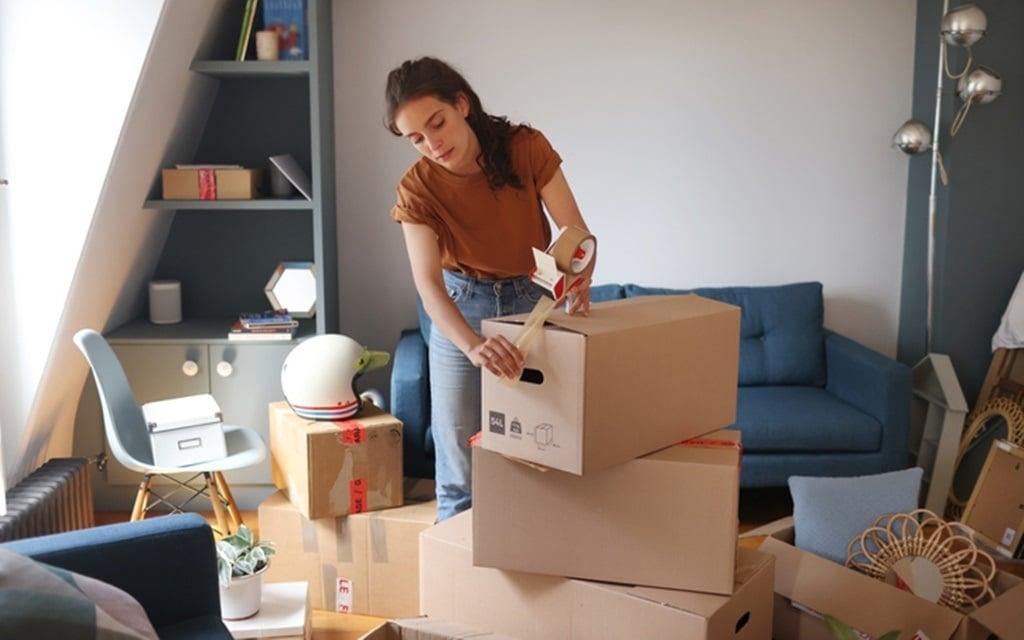Africa-Press – South-Africa. Rate hikes by the SA Reserve Bank (SARB) have had a big impact on first-time homebuyers in particular, according to the latest home loan report by bond originator ooba.
The SARB started its hiking cycle in November 2021. By the end of September this year, it had increased the prime rate to 9.75% from 7%. The prime rate is now the same level as at the start of 2020, just before the pandemic hit.
First-time homebuyers are “buying down” due to affordability constraints, as shown in the average purchase price of first-time homebuyers falling from an average of R1 117 398 in the third quarter of 2021 to R1 087 089 in the third quarter of 2022.
A greater affordability challenge is also reflected in demand for 100% loans, which decreased from 60.8% in August 2022 to 56.6% in September 2022. For ooba, this indicates that more homebuyers cannot meet affordability requirements on a 100% loan and need to put down deposits to qualify for the home loan.
ooba expects residential market volumes to continue to decline in the short term, mainly due to additional interest rate increases expected in November 2022 and the first quarter of 2023.
“However, as demand slows, the supply of property increases and prices adjust, with a correlating decline in property price inflation. This sets the stage for a more active market,” states the ooba report.
Another trend picked up by ooba is a sharp uptick in investment and buy-to-let properties, which recorded year-on-year growth of almost 30% in the third quarter of 2022. For ooba this is indicative of the demand for property rentals “as rising interest rates put the dream of homeownership on hold for the time being”.
Slow down
The latest property market overview by property consultancy firm Rode & Associates indicates that the housing market continues to slow down.
Nominal house price growth (therefore not taking inflation into account) was 3.3% in the third quarter of 2022 compared to a year before and down 3.8% compared to the second quarter of this year. This brings growth to 3.7% over the first nine of this year, marginally slower than the 4.2% growth for the entire 2021.
Rode points out that this implies that house prices are still declining sharply in real terms – therefore when inflation is taken into account. Inflation has averaged 6.6% so far in 2022.
“Looking ahead, we expect house prices to grow at a slower rate over the next year or two. This is due to the weak economy, characterised by high unemployment and rising interest rates putting further pressure on the consumer,” states Rode. “Therefore, real house price growth is still a few years away.”
In the third quarter of 2022, 19% of homeowners sold due to financial pressure – up from the pre-pandemic level of 15% in the first quarter of 2020.
At the same time, an indicator for Rode that the residential market is still holding up relatively well is the time houses are on the market. In the third quarter of 2022, it was about 10 weeks, still below the long-term average of 13 weeks.
For More News And Analysis About South-Africa Follow Africa-Press






